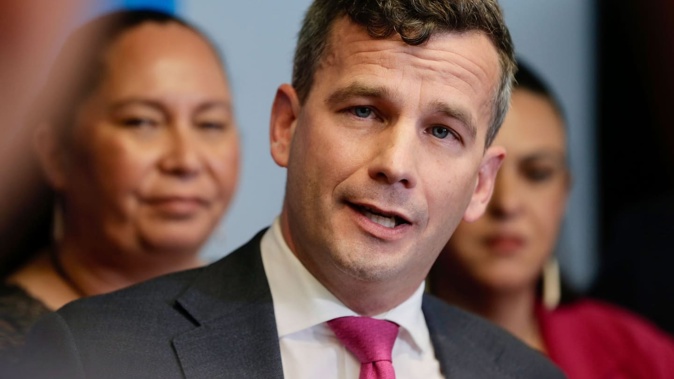
Regulation Minister David Seymour has announced a review of the way new farming and horticulture products are approved, saying the current processes and “red tape” barred productivity and prevented farmers from accessing products already used in other OECD countries.
“It can take nine years and wrangling government agencies to get approval here,” Seymour said.
“Farmers overseas are using innovative technologies that we don’t have access to that make animals emit less methane, make fruit and vegetable plants grow faster, and control pests and diseases with less environmental harm.
“If we don’t remove these barriers to productivity, we will fall behind our global competitors when we need to grow the economy through trade.”
Seymour said new products needed approval from the Environmental Protection Authority – the national environmental regulator – and New Zealand Food Safety. The review would look at the process and “overlap between regulators”.
Gene technology would be looked at separately. The review’s terms of reference and timetable are being developed by the Ministry of Regulation.
Ahead of the election, National accused Labour of using regulation to “declare war on farmers”, vowing to cut the “red tape” if elected. Its 100-day plan in government included establishing a permanent Rural Regulation Review Panel to assess all regulations affecting the primary sector and propose solutions to cut red tape.
On Thursday, Seymour was at Fieldays, a large agriculture event held across three days in Hamilton. He told The Country’s Jamie Mackay, who was broadcasting his show from the event, that the review related to animal compounds and vet medicines.
In some cases, he said, products farmers were getting off-shore would meet the end of the line but the new or replacement product might not be approved.
He called the country’s genetic modification laws “archaic” and a way of “anchoring” the country in the previous century.
Finance Minister Nicola Willis also spoke to Mackay, who asked her about the recently announced Rural Banking Inquiry and whether farmers were being “ripped off”.
“What we know is our own Commerce Commission says there is a lack of competition in the banking sector,” she said, adding New Zealand lacked innovation that was happening in other countries.
The chairpeople and chief executives of the banks should be “in front of parliament” answering questions, she said, in reference to the select committee inquiry.
On Wednesday, Prime Minister Christopher Luxon made a speech from Fieldays, saying there was light showing at the end of the recessionary tunnel, with several measures of inflation showing downward trends.
“Green shoots are just starting to take hold.”
Luxon spoke about the “exciting agenda” of enhancing and deepening international trade relationships. He also referenced the Government’s target to double the value of exports in the next 10 years, saying the primary sector would play a “crucial” role in achieving that.
On the environment, Luxon restated the commitment to New Zealand’s climate change goals and said it was important to reduce emissions, done through new technologies.
Earlier this week, the coalition Government announced agriculture would be excluded from the Emissions Trading Scheme (ETS).
The ETS was introduced in 2008 under the Labour government to reduce greenhouse gas emissions emitted by certain industries. The scheme puts a price on emissions, meaning certain sectors of the economy are charged for the greenhouse gases they emit.
The most recent Labour government legislated to include agriculture in the scheme by 2025, but Tuesday’s announcement from the coalition Government stops that.
The Government also announced He Waka Eke Noa – a partnership between government, the industry and iwi – would be disbanded, saying the initiative was “no longer tenable”.
Julia Gabel is a Wellington-based political reporter. She joined the Herald in 2020 and has most recently focused on data journalism.
Take your Radio, Podcasts and Music with you









